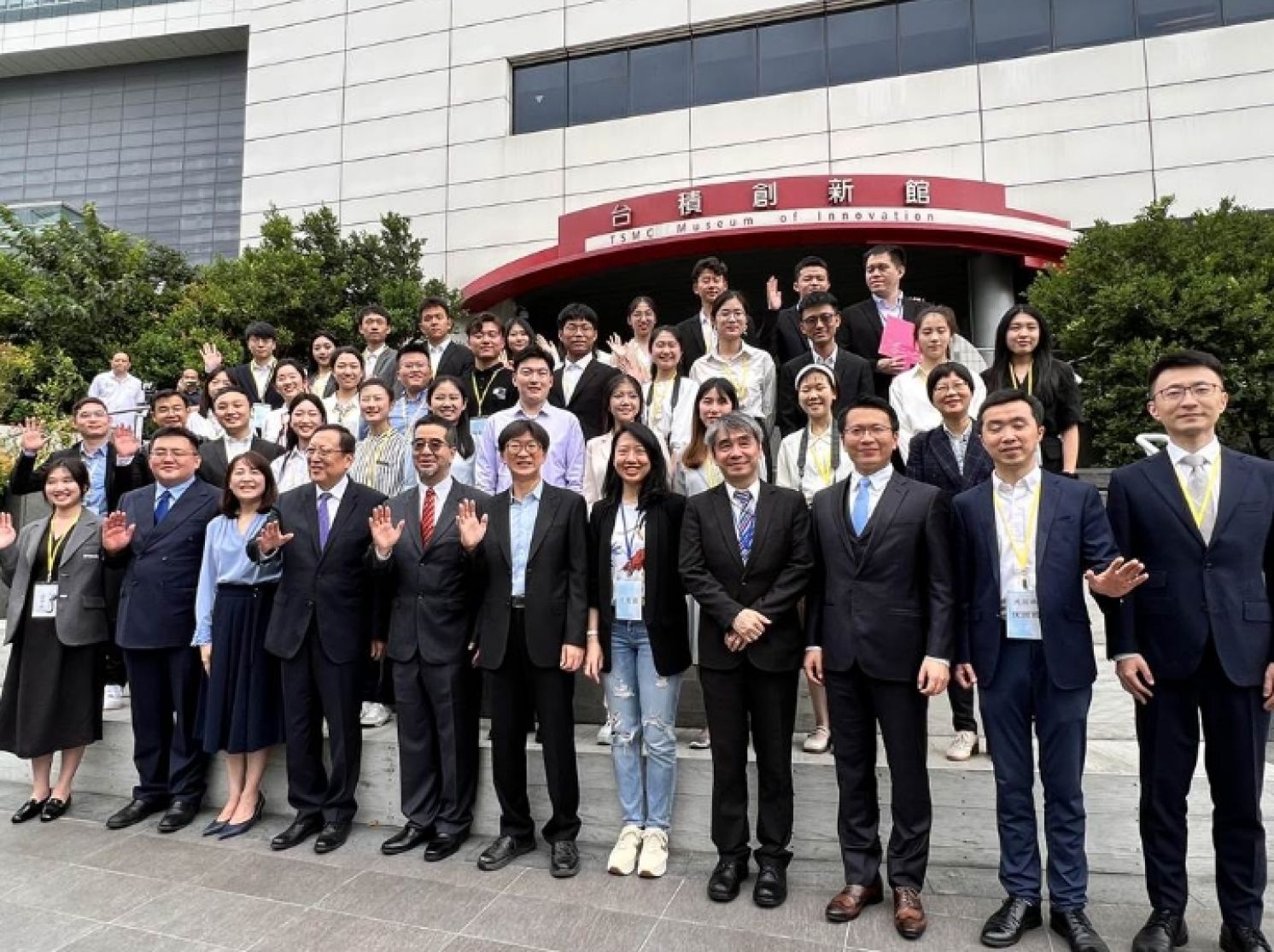
This Week in Taiwan 0709-0715
July 10: For the first time in seven years, real wages in Taiwan have declined. According to statistics released by the Directorate-General of Budget, Accounting and Statistics (DGBAS), Executive Yuan, from January to May, the average recurring salary was NT$43,341 (about US$1,397), an annual increase of 2.46 percent, and the total salary increased by 1.61 percent. The annual growth rate of the consumer price index (CPI) was 2.44 percent during the same period. The DGBAS indicated that considering the price factor, real total salary is NT$58,348 (about US$1,881), an annual decrease of 0.81 percent. The figures show that salary growth cannot keep up with commodity prices.
July 11: Yi Pao-hung, the inmate of the nightclub murder case in Taipei, was transferred to an open prison, a correction facility with open walls, and low-level management, but violated regulations by drinking and hanging out with friends in the evening. The application for an open prison by a felon caused public outrage, especially among junior police officers. Presidential candidates of various parties also criticized the Ministry of Justice one after another. President Tsai Ing-wen instructed that the current law be amended quickly.
July 11: The Bureau of Consular Affairs of the U.S. Department of State issued the latest travel advisory for Taiwan. While still the safest Level 1, and the main content has not changed, the State Department deleted two mentions of the word "country," triggering political association.
July 13: The American Institute in Taiwan (AIT) put forth a plan for expansion, hoping to rent the reserved land of a nearby school, causing backlash from local residents.
If the plan comes to fruition, AIT's Taipei main office will exceed nine hectares, surpassing that of the United States Embassy in Beijing and becoming the largest U.S. foreign mission in the Asia-Pacific region. Some reports indicate that the expansion is related to military use. AIT responded that it plans as part of the expansion to build new office buildings and storage space to strengthen U.S.-Taiwan business and cultural exchanges.
July 13: Recent "#me too" revelations have seriously damaged the image of the administration of President Tsai Ing-wen. The Executive Yuan passed a draft amendment to three laws on sex equality, increasing administrative, criminal, and civil liability for sexual harassment from a position of power. The maximum sentence is three years in prison. The draft will be sent to the Legislative Yuan for review. However, according to the content of the draft, relationships between instructors and students violating professional ethics are punishable by life-long dismissal but raise concerns about unconstitutionality.
July 13: The Ministry of Finance announced an improvement program for youth loans, increasing the maximum loan amount from NT$8 million to NT$10 million, extending the loan period from 30 years to 40 years and the grace period from three years to five years, and subsidized the loan interest rate by 0.375 percent.
According to experts, the measure is to earn votes rather than save the housing markets. Pushing interest subsidies when housing prices are high will increase the credit risk of banks. If young people do not undertake loans according to their ability, then they may easily fall into the dilemma of not being able to complete mortgage payments once the grace period elapses.
July 15: Former President Ma Ying-jeou helped facilitate mainland Chinese students to come to Taiwan for exchanges, and the student delegation arrived in Taiwan. The nine-day itinerary includes visiting the TSMC Museum of Innovation, National Palace Museum, and Tzu Chi, as well as interactions with Taiwanese university students at National Taiwan University and National Chengchi University.
July 16: Former Legislator Huang Kuo-chang and Internet celebrity Kuan Chang (Holger Chen) held a demonstration themed "Save Taiwan with Fairness and Justice" hoping to let the president hear public outroar, implement fair housing, and call for judicial reform. Foxconn founder Terry Gou, Kuomintang (KMT) presidential candidate Hou Yu-ih, and Taiwan People's Party (TPP) presidential candidate Ko Wen-je all attended the event. According to the organizers, some 40,000 people participated.